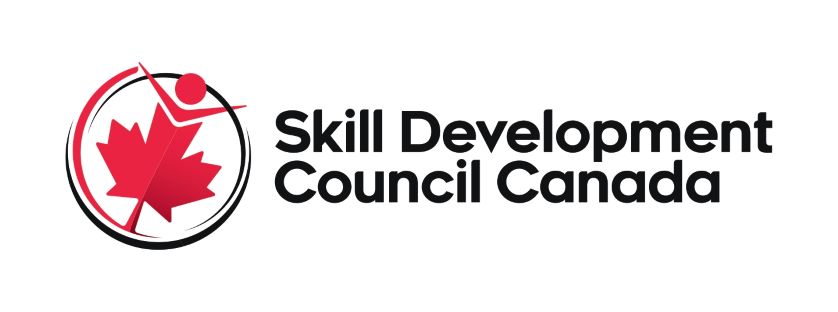International Diploma in Sustainable Waste Management
Course Overview: The International Diploma in Sustainable Waste Management is designed to provide participants with comprehensive knowledge and skills in managing waste sustainably. The course covers various aspects of waste management, including collection, treatment, disposal, and recycling, with a focus on environmental sustainability and resource conservation.
Learning Objectives:
- Understand the principles of sustainable waste management.
- Identify different types of waste and their environmental impacts.
- Learn about waste collection methods and technologies.
- Explore waste treatment and disposal techniques, including landfilling, composting, and anaerobic digestion.
- Gain knowledge of recycling processes and strategies to promote recycling.
- Understand the role of policy and regulations in waste management.
- Develop skills in waste auditing and management planning.
- Learn about emerging trends and technologies in waste management for a sustainable future.
Qualification Structure: The International Diploma in Sustainable Waste Management consists of 8 mandatory units for a combined total of 12 credits, 120 hours of Total Qualification Time (TQT), and 60 Guided Learning Hours (GLH) for the completed qualification.
Course Content:
Module 1: Introduction to Sustainable Waste Management
- Overview of waste management principles.
- Environmental impacts of waste.
- Waste hierarchy: reduce, reuse, recycle.
Module 2: Types of Waste
- Municipal solid waste (MSW).
- Hazardous waste.
- Industrial waste.
- Electronic waste (e-waste).
- Construction and demolition waste.
Module 3: Waste Collection and Transportation
- Collection methods: curbside pickup, container systems, etc.
- Transportation logistics and efficiency.
- Role of technology in waste collection.
Module 4: Waste Treatment and Disposal
- Landfilling: processes and environmental concerns.
- Incineration: benefits and drawbacks.
- Composting: principles and applications.
- Anaerobic digestion: converting waste to energy.
Module 5: Recycling and Resource Recovery
- Recycling processes: materials recovery, sorting, and processing.
- Circular economy principles.
- Challenges and opportunities in recycling.
Module 6: Policy and Regulation
- International waste management treaties and agreements.
- National and local regulations.
- Policy frameworks for sustainable waste management.
Module 7: Waste Auditing and Management Planning
- Conducting waste audits.
- Developing waste management plans.
- Implementing and evaluating waste management strategies.
Module 8: Emerging Trends and Technologies
- Innovations in waste management technology.
- Sustainable waste management practices in the future.
- Case studies and best practices.
Duration and Delivery: The qualification will be flexible in its delivery to accommodate part-time and distance learning. The Diploma in carbon footprint management in the construction Industry program will typically span over 02 to 03 months, including classroom lectures, practical exercises, distance, and online.
Assessment and verification: All units within this qualification are internally assessed by the Fire Safety Management Institute. Learners must have a minimum of 50% marks in each unit to achieve a 'pass' grade for this qualification.


